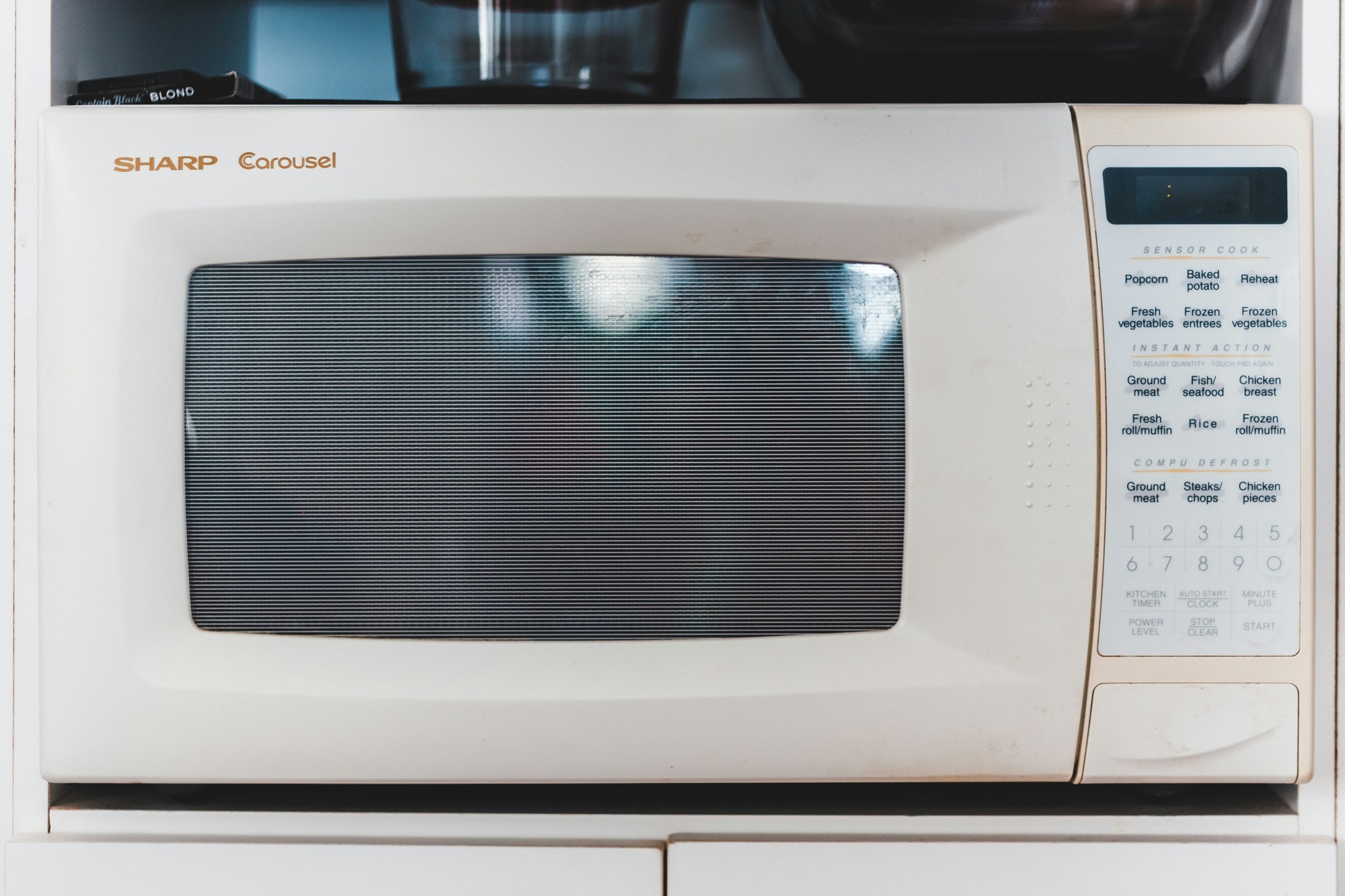Hello, culinary comrades! Mikey here, your trusty guide through the world of microwaving marvels. Today, we’re delving deep into a question that’s simmered in the minds of many: how long can a microwave last? Whether you’re considering the lifespan of your current microwave or contemplating the purchase of a new one, I’m here to sprinkle some expert insight into your decision-making stew.
The Lifespan of a Microwave: Setting Expectations
So, what’s the shelf life of these kitchen workhorses? Truthfully, how long can a microwave last? Generally, you can expect a good-quality microwave to last between 7 to 10 years. But let’s not forget, this estimate is akin to cooking times on a recipe — actual results may vary. Factors such as make, model, usage frequency, and how lovingly you care for your appliance play significant roles in determining its true lifespan.
Stretching the Years: Ensuring Your Microwave’s Longevity
To extend your microwave’s life beyond the typical expiry date, consider adopting these best practices:
- Regular Cleaning is Key: A clean microwave isn’t just about hygiene; it’s about efficiency. Food particles and grease can absorb microwaves, leading to uneven cooking and additional strain on the appliance. A simple wipe-down after use and a deep clean every few weeks (or even months) can work wonders.
- Mindful Use Matters: Using your microwave properly can prevent unnecessary strain. Always use microwave-safe containers, avoid overheating, and steer clear of placing objects on top of the appliance, which can block ventilation. Most microwaves fall victim to an unfortunate mistake that is completely preventable.
- Door Etiquette: The microwave door is more delicate than it appears. A gentle touch can prevent damage to the latch mechanism and ensure the seal remains effective, keeping the microwaves safely inside. What does this mean? Don’t slam it shut. Don’t hang from it. Don’t pull down on it.
- Adequate Ventilation: Like a well-oxygenated flame, a well-ventilated microwave performs better and lasts longer. Ensure there’s ample space around your microwave for heat to dissipate, especially if it’s built-in.
When to Bid Farewell: Recognizing a Microwave’s Retirement
Despite our best efforts, every microwave has its curtain call. There will come a time when a maintenance call is simply not worth the cost of admission. Here’s how to spot the final act:
- Inconsistent Performance: If your trusty microwave starts to lag in its duties, failing to heat as efficiently or uniformly as before, it might be signaling retirement. This can occur gradually over time.
- Odd Noises and Smells: A well-functioning microwave should operate relatively quietly and odor-free. If you’re greeted with sparks, popping sounds, or the scent of burning electronics, it’s time for a replacement.
- Safety First: Compromised safety features, such as a door that doesn’t seal properly, can be dangerous. These are clear indicators that your microwave’s days are numbered. Always use caution and reach out to a professional if you suspect your microwave has become a hazard.
Choosing a New Microwave: A Recipe for Longevity
Embarking on the quest for a new microwave can feel daunting, but the choices you make now can have implications for the performance of your microwave for years to come. Here’s how to ensure your next choice is a lasting one:
- Brand Reputation and Reviews: Do your homework. Brands with a track record for durability and customer satisfaction are your allies in the quest for longevity. Resist the urge to default to the cheapest microwave available.
- Simplicity vs. Features: While fancy features can be tempting, consider what you’ll actually use. A simpler microwave may have fewer components that could fail over time. Complicated problems have complicated solutions.
- Warranty Wisdom: A robust warranty can be a lifesaver. Look for models with extended warranties that cover major parts, signaling the manufacturer’s confidence in their product.
FAQs: Microwaving Beyond the Basics
Does frequent use impact the durability?
Yes and no. Regular use does mean more wear and tear, but consistent maintenance can mitigate these effects, keeping your microwave in fighting form.
Are more expensive microwaves built to last longer?
Higher prices often reflect advanced features or brand prestige rather than durability. Value and longevity are found by balancing cost with user reviews and warranty offerings.
Repair or replace: which is more economical for an aging microwave?
Consider repair for minor issues within the warranty period. However, for older models or significant problems, replacement often proves more cost-effective and safer.
Does the size of a microwave influence its lifespan?
Not directly. Lifespan is more closely tied to build quality, maintenance, and how the microwave is used rather than its size.
Conclusion: How Long Can A Microwave Last?
Navigating the lifespan of a microwave doesn’t have to feel like deciphering an ancient scroll. Armed with knowledge and a proactive approach, you can maximize the years of service your microwave provides. Remember, the secret ingredient to longevity is a blend of care, wise use, and informed shopping. You now know the full potential of how long can a microwave last.

